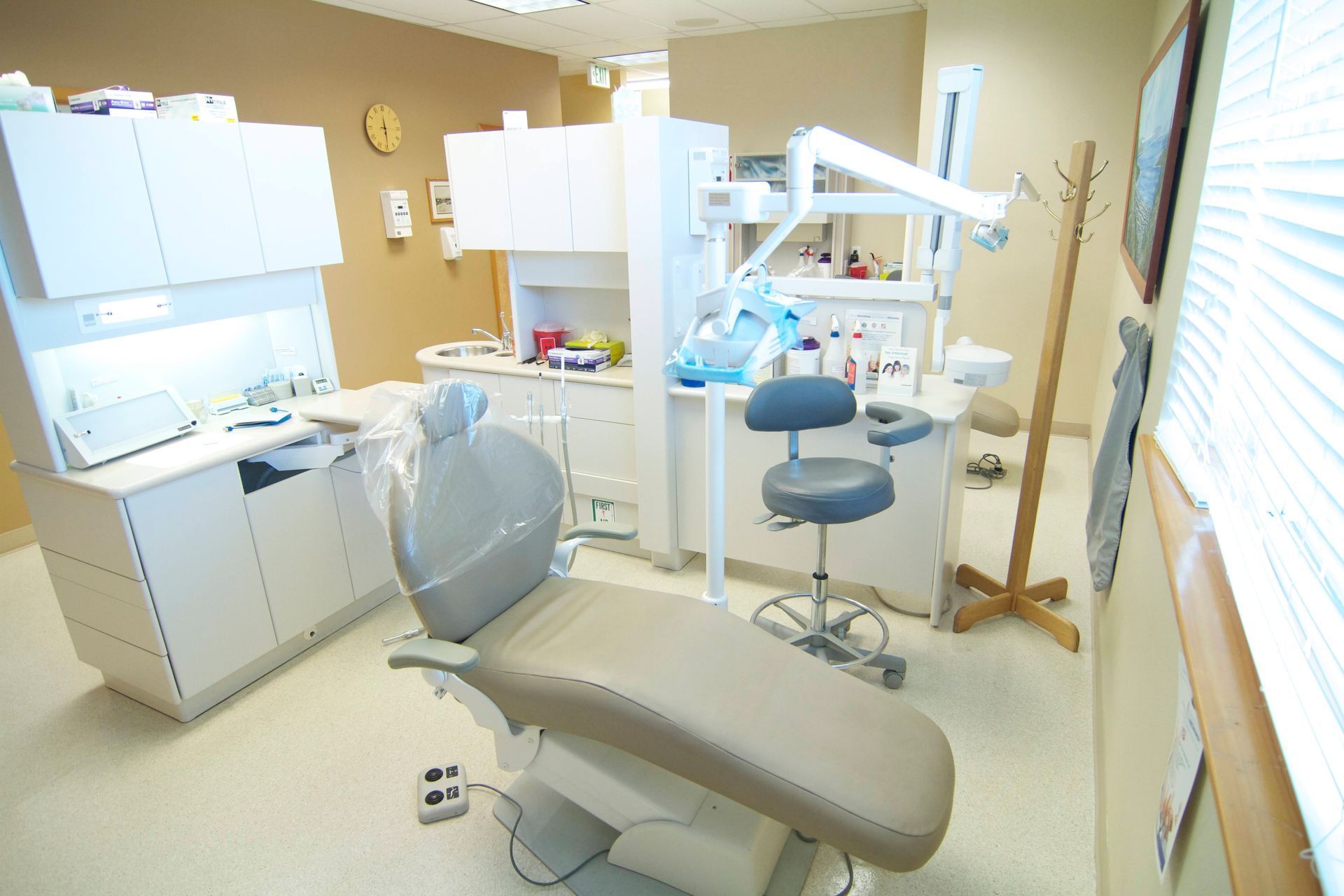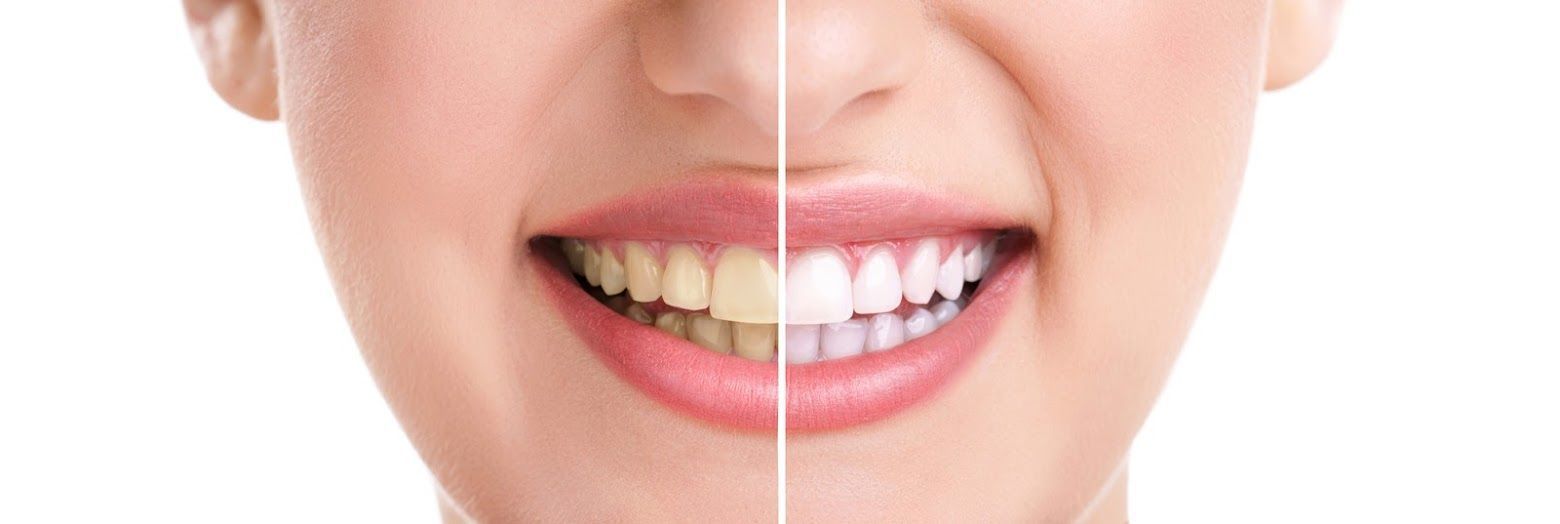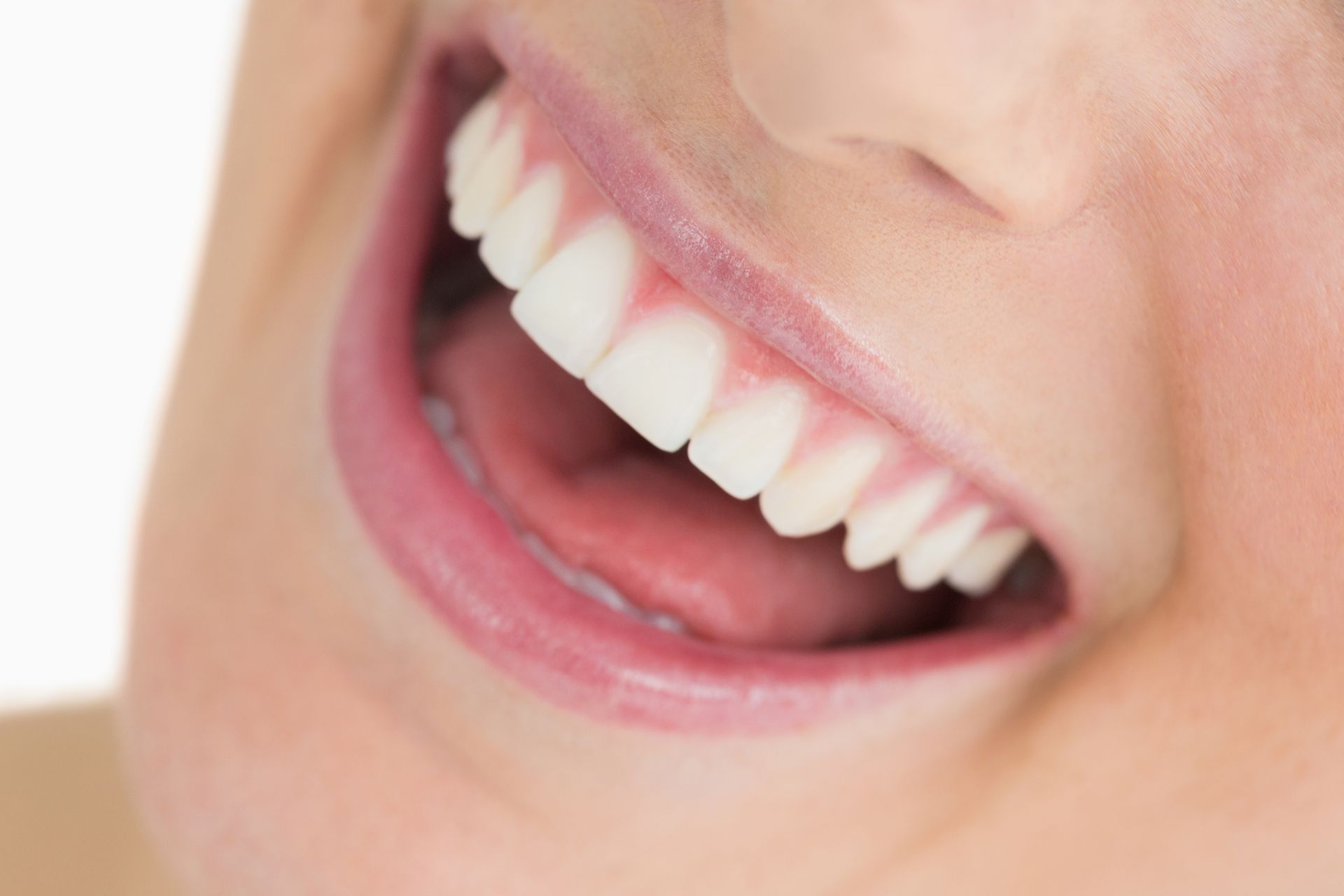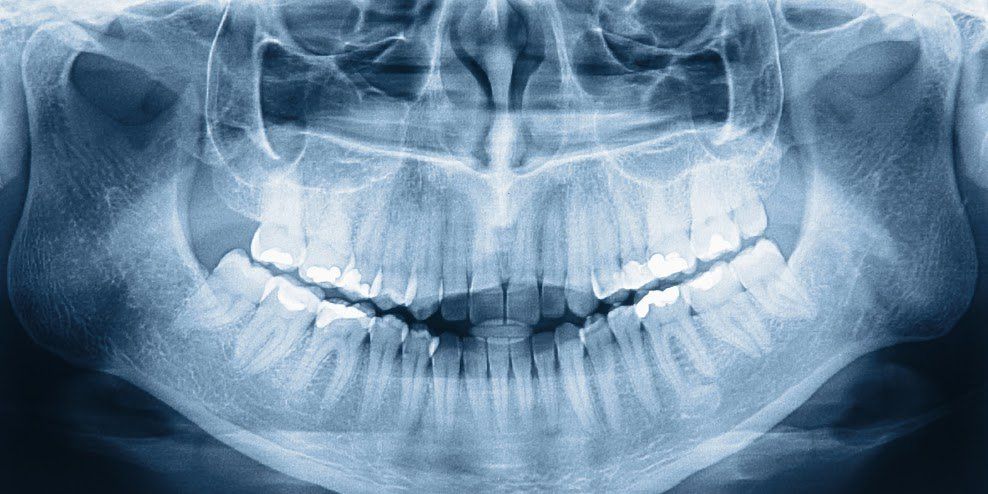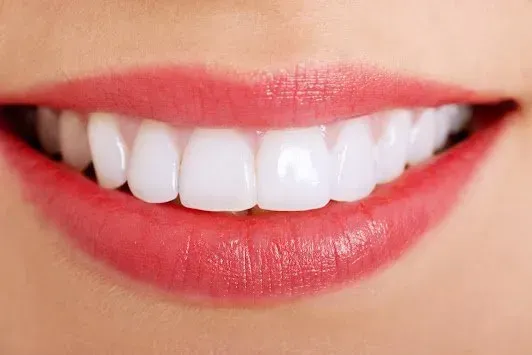Why Is Your Breath Smelly?

Bad breath, also known as halitosis, can easily kill self-confidence, cause embarrassment, and make social interactions awkward. While nearly everyone experiences bad breath, especially when waking up, having bad breath all the time can be a sign of an underlying problem.
Luckily, halitosis is not a lifetime affliction and is both treatable and manageable. But first, understand the possible culprits of bad breath to help you determine the best solution.
Inadequate Saliva
Saliva helps cleanse the mouth of bacteria and food remains. If you don't have sufficient saliva, food particles may be in your mouth, which can lead to bad breath. The condition is called dry mouth or xerostomia.
Numerous aspects increase the risk of xerostomia. For instance, certain medical conditions and medications may compromise the body's natural saliva production.
Additionally, smoking and drinking too much caffeine can affect your salivary flow due to drying effects. But note that having a dry mouth when waking up is a normal phenomenon and usually goes away after you drink some water or have something to eat.
If you struggle with dry mouth, your doctor may recommend taking lots of water or chewing sugar-free gum to stimulate saliva production.
Poor Oral Hygiene
Failure to observe good oral care is a common culprit of bad breath. Poor hygiene, including not brushing and flossing, gives room for bacteria buildup in your mouth.
The bacteria combine with food particles to form plaque, a sticky covering on your teeth. The bacteria then release smelly compounds, which cause bad breath odors.
To prevent this problem, brush your teeth twice daily and floss at least once. Also, use an antibacterial mouthwash with fluoride to reduce bacteria. Finally, remember to scrape your tongue to eliminate bacteria and food particles that may be stuck on its surface.
Most importantly, visit your dentist regularly for professional cleanings. The dentist has the tools to remove plaque and tartar even in hard-to-reach areas.
Medical Conditions
Several medical conditions can cause bad breath. For example, stomach problems, such as GERD, may lead to the regurgitation of stomach acids that have a sour smell.
Also, diabetes is another potential cause of halitosis due to its impact on saliva production. People with poor hygiene habits may also develop gum or periodontal disease, which leads to an unpleasant odor in their mouths.
If you suspect that your smelly breath is a result of an underlying health condition, seek medical attention.
Certain Foods
Certain types of food, such as onions and garlic, are known to cause bad breath due to the sulfur compounds that release when you digest these foods. The secret to preventing bad breath from these types of food is to brush your teeth immediately after you consume these foods. Or, if you can, avoid such foods altogether.
Tobacco
Whether you smoke cigarettes or chew tobacco, both habits can lead to bad breath. The best way to prevent bad breath due to smoking is to quit the habit entirely. Your dentist can offer tips on quitting tobacco without suffering from withdrawal symptoms.
Bad breath is a common problem, but you don't have to live with it. Instead, identify the cause of your smelly breath and take appropriate action to address the issue. Regular visits to your dentist may also help get rid of bad breath, as they can detect any underlying dental problems that may cause halitosis.
Desert Dental is your trusted partner for all dental care needs. We are experienced and highly trained to attend to any dental problem you may have, including bad breath. Contact us to schedule an appointment today to get started on your journey toward a healthy and more confident smile.

